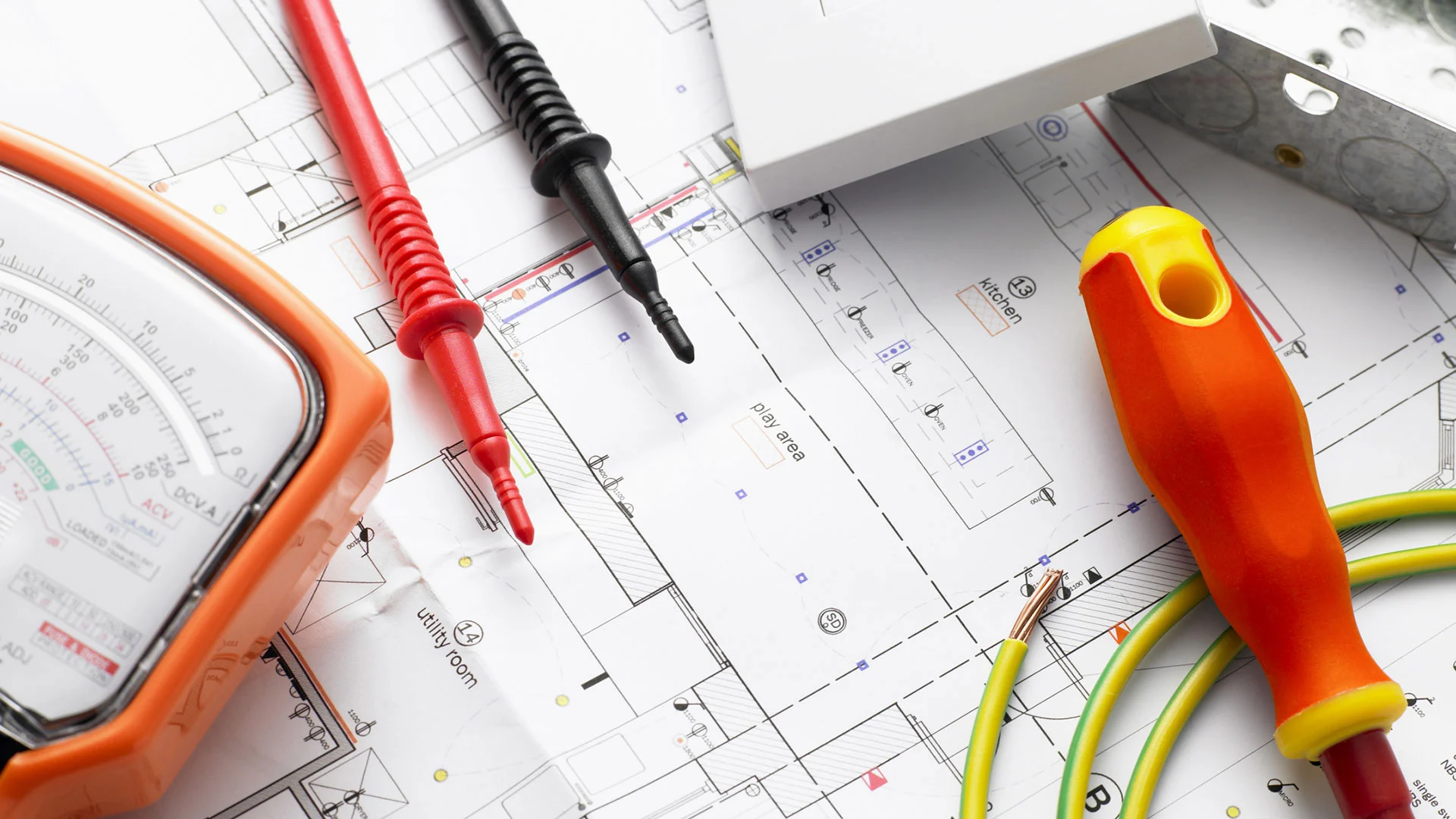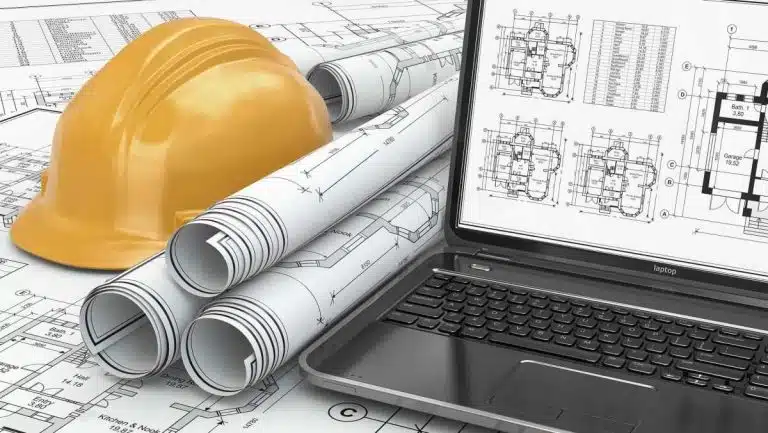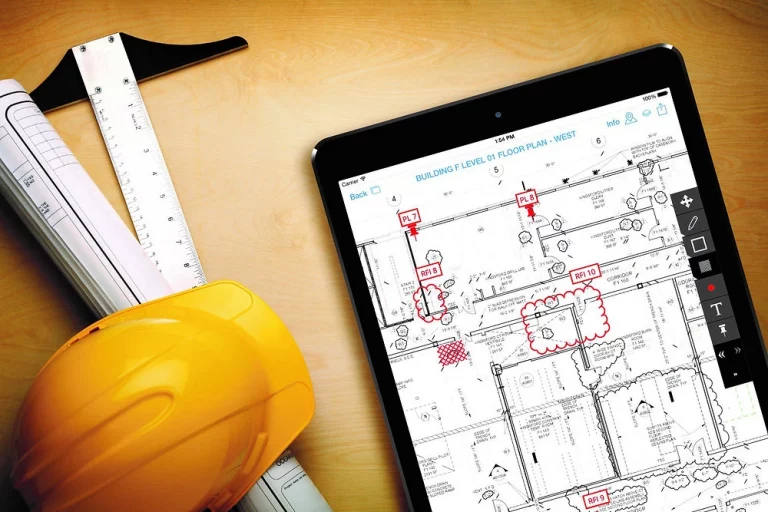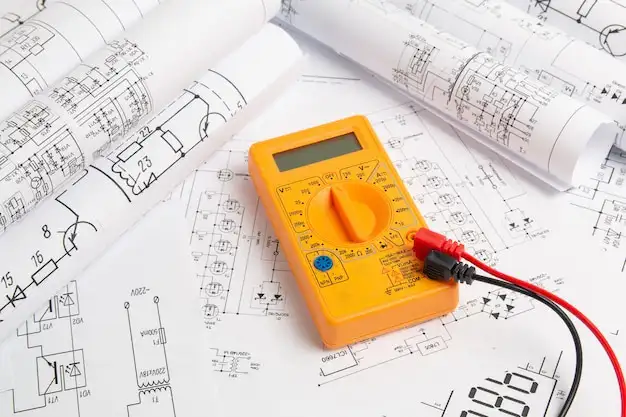Estimating for Electrical Contractors: A Step-By-Step Guide
When Estimating Electrical costs for any construction project, you must follow a protocol. A standard procedure will keep you on track and ensure everything is noticed. Knowing how to accurately make electrical estimates will help you win more jobs and expand your customer base. Your pricing strategy needs to be profitable!
MAKE YOUR BID PROPOSAL SEAMLESS WITH ACCURATE AND PRECISE ESTIMATING ELECTRICAL TECHNIQUES ENSURING TIMELY COMPLETION WITHIN THE PLANNED BUDGET
Estimating Electrical Expenses With Accuracy
A precisely made budget can aid the construction project in many ways such as
- Better project management
- Increasing collaboration
- Resource allocation
- Increased productivity
- Better time management
- Protection from going over budget
Electrical Estimation involves installing a new electrical system or repairing an old one. It could be for any residential, commercial, or industrial project. A question arises: how does one create an estimate with a good profit margin? Well, do not worry about that! This article will walk you through the Estimating process and provide a step-by-step guide for electrical contractors.
Bid the Right Jobs
To start estimating electrical expenses, you should consider bidding the right job. It would help if you bid for those construction projects where you have experience and adequate knowledge. Avoid bidding for those construction projects in which you are not competent enough. It can lead to mistakes and errors in budget which means less profit margin. To ensure that your estimation project leaves you with a larger profit margin you should carefully select the jobs.
Analyze Work Specifications Carefully
This component involves analyzing all the specifications of a construction project. An estimator must perform a detailed analysis of the electrical job. An estimator must communicate with the concerned parties for any clarification before starting the work. Pay close attention to the requirements of the job to check if you can deliver accordingly. If there is any confusion or ambiguity you can ask about it. You should know what you are getting into so you can deliver your best. The estimation job must be clear to you.
Review Blueprints Before Estimating Electrical Costs
Analyzing and evaluating blueprints is an important task in estimation. Go through all the drawings including blueprints and architecture. Detailed specifications evaluated and interpreted drawings, will give an overview of the scope of work required. It will also give an idea of the resources needed to carry out the work. Look for all the factors that will affect materials, labor, or equipment. You should also note the mechanical and plumbing systems in the building as they are interlinked with electrical ones. You may need to get an overview of plumbing or a Mechanical Estimate to predict electrical expenses.
Accurate Material Takeoff
Takeoff refers to the quantification of materials. Takeoff needs to be precise because if it is less than the requirement, then the construction building is going to face delay. On the other hand, if it is more than the requirement then there is going to be wastage of materials. Following is a list of all the materials required for estimating electrical cost:
- Wires
- Conductors
- Capacitors
- Conduits
- Transformer
- Generator
- Electric cables
- Inverter
- Lightning bulbs
- Fans
- Heaters
- Batteries
Account for Labor in Estimating Electrical Expenses
After material takeoff, including the cost of labor. Let’s determine how much labor is required. The cost of labor is based on three main factors:
- Level of skill required
- Number of workers
- Time Taken
You can use this formula: Hourly labor rate × number of labor hours
Evaluate Overhead Costs in Electrical Estimation
Factor in overhead costs after determining the cost of resources. Overhead costs may include rent, utilities, insurance, admin staff, permit and security fees, etc. These costs are not physically part of the building but they are going to impact the budget.
What Will Be Your Profit Margin?
It is necessary to check or calculate profit margins in estimating electrical projects. In the end profit matters in every business.
Add up the profit markup for each division. While doing so it is essential to follow the standards of the local area. It ranges between 12% to 20% of the business. However, it may differ based on the size of a construction project. So it is necessary to be careful while computing profit margin.
Start Estimating Electrical Costs!
Finally, after gathering all the data and finalizing all the materials you can begin your calculations. To create a complete electrical budget you have to total the cost of every element. Using an accurate electrical estimating software for mathematical calculations is better as it saves time. Technological software also reduces errors. So you can present your proposal with complete confidence.
Review Your Estimations
You must track and evaluate the work. You can use tools or software which can provide an overall view of the construction. Tracking down key components in a construction process and checking their progress. Reviewing the work can be advantageous for many reasons. For instance :
- Eradicates any chances of mistakes
- Keeps the project on track
- Provide the opportunity to catch up on errors
- Aid in keeping the project within the set limits of the budget
- Assures the timely completion of a project.
CREATE A WELL-DETAILED COST ESTIMATION PROPOSAL AND BECOME A PART OF OUR GROWING COMMUNITY!
Conclusion
To conclude, estimating electrical costs includes numerous steps that promote an organized estimating process. You can present a proposal that is accurate and precise and win more jobs. It is important to have a competitive edge in the market. Following these steps can systemize a construction project till completion. Implementation of these steps streamlines the project. As well as assure completion on time and within the budget.







